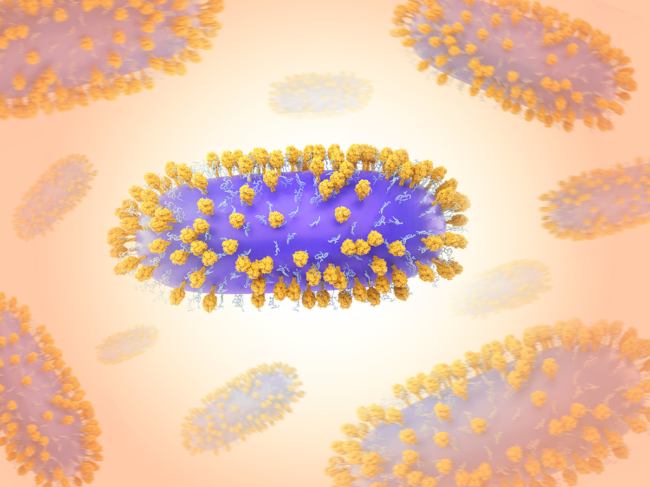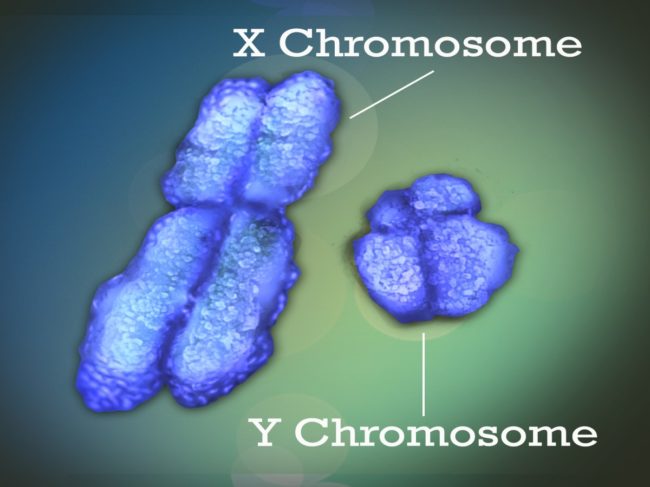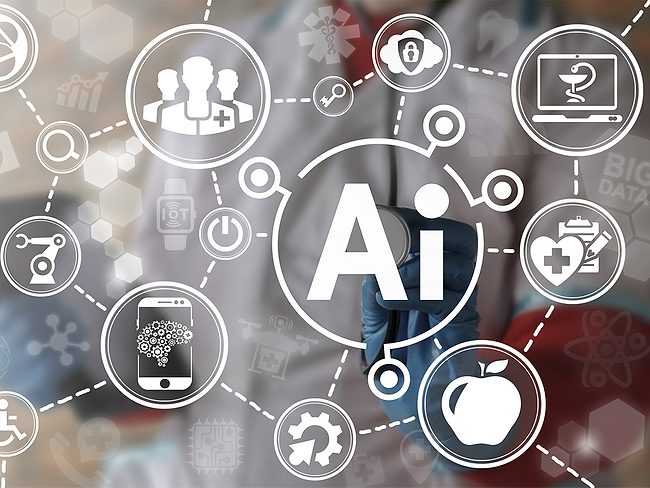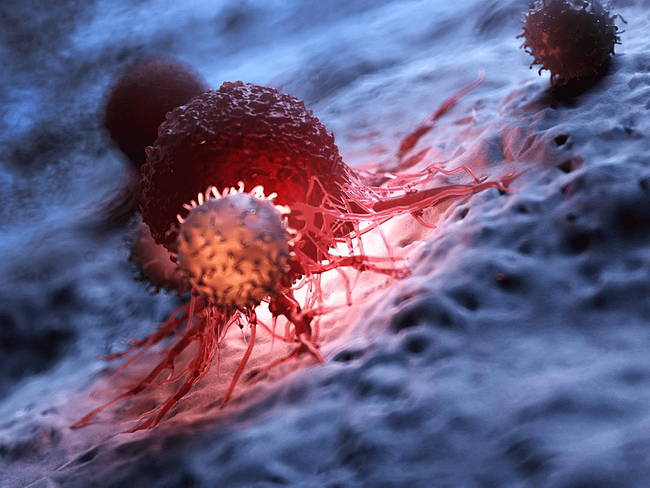
BioWorld - Wednesday, November 27, 2024
ARTICLES
Drug Design, Drug Delivery & Technologies
Computational platform identifies chemicals to trigger cell conversion
Read MoreDrug Design, Drug Delivery & Technologies
AI model helps make preclinical drug design more accurate
Read MoreDrug Design, Drug Delivery & Technologies





